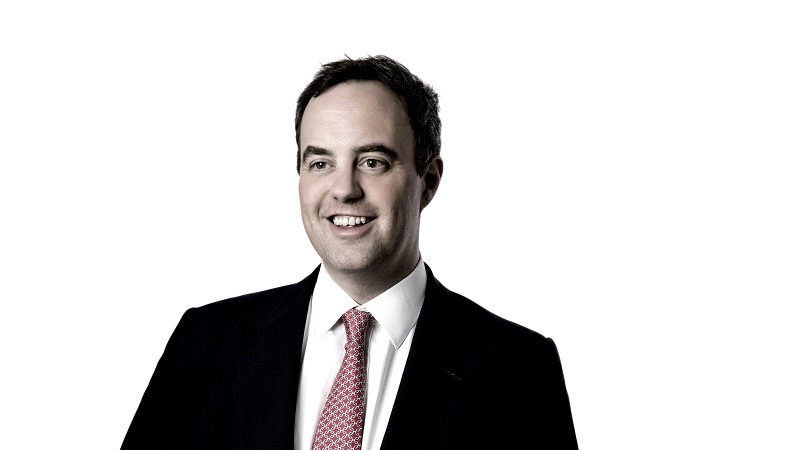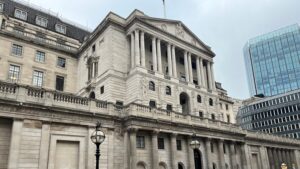Last year brought widespread dividend cuts, with shareholder payouts among UK companies falling by 44% to £61.9bn.
Although some companies have now returned to the dividend list, the drought continues. Royal Dutch Shell, the UK’s largest dividend payer, cut its payout by two-thirds last year. Since then, it has increased the payout twice but to nowhere near its former level, increasing only by around 4% each time.
It looks like, in the UK especially, large dividend paying companies have permanently lowered investors’ dividend expectations.
However, income from dividends is central to an investor’s long-term investment strategy and it can be matters of financial survival. There is often no choice but to keep an income flowing, drought or no drought, and while this may seem a big ask, options are still on the table and the world of investment trusts is often our first port of call.
A dependable income
As we’ve seen in previous volatile periods, investment trusts have proven themselves as dependable income sources throughout the pandemic. What separates trusts from other pooled investment vehicles is that they aren’t obliged to distribute the total sum of the dividends from their portfolio to their investors. They can save up to 15% of their dividend in good years, building revenue reserves they can dip into to top up their investor returns in the leaner ones.
This turned out to be a helpful trick to have up their sleeve last year when we saw the likes of City of London Investment Trust tapping its reserves and increasing its dividend, as it has done every year since 1966, despite the wider climate.
Choosing who to trust
Naturally though, not all investment trusts are cut from the same cloth. We start with a sector-based approach to selecting an investment company. Three promising sectors at present are infrastructure, healthcare and specialist areas of real estate, all of which are supported by long-term demand.
Picking individual trusts requires more digging. Our approach looks at the trust’s structure but also at the quality of its management. Here are some examples to explain our thinking.
1. Sequoia Economic Infrastructure Trust
Infrastructure, a traditionally stable sector, was not wholly spared the impact of the pandemic. However, making good use of trust structures means we can access those sources of income still available in the sector.
For instance, the £1.7bn Sequoia Economic Infrastructure Trust invests in infrastructure debt. Economic infrastructure assets, such as undersea cables or telecom towers are reliant on global economic activity and so took a hit in the pandemic. However, by investing in infrastructure debt rather than equity, the trust is less economically sensitive. Consequently, the trust has kept up its dividend target of 6.25p per annum – a 5.9% dividend yield on the current share price.
We also have a very high regard for the competency of the trust’s management team who operate in a highly specialised area. When you are relying on a trust for income in crises, you need to know that the team can deliver a reasonable dividend while adapting its strategy for the changing market landscape. A capable management team can make all the difference.
2. Biopharma Credit
Healthcare has become a more obvious choice of late. Our pick of the sector is Biopharma Credit, another debt investor, this time in life sciences. The £1bn UK investment trust invests in loans that are secured against the proceeds of fully approved life sciences products. These products are currently being underserved by banks and so the debt can attract a high yield to the benefit of investors, who currently receive a 7% yield from the trust.
Again, it’s not just the smart structure of the trust that we find attractive but also how it’s managed. Biopharma Credit’s management team has a significant personal stake in the fund. Adding personal risk makes the team’s decisions more convincing.
3. Supermarket Income Reit
Real estate has been in the spotlight recently with the future of offices, the high street, and city living thrown into doubt. However, there are nuggets of the sector that have remained strong. To take advantage of these, we’ve turned to some specialist vehicles where capital upside is combined with a robust income stream.
An example is the £700m closed-ended trust, Supermarket Income Reit, that invests in supermarket properties to receive a quarterly RPI-linked rent. The leases on the trust’s properties have an average length of 16 years and are all on upward-only RPI-linked rent reviews. Consequently, it has good long-term value beyond the golden period supermarkets have experienced during the pandemic.
A management team can be bolstered by trusted advisers who play a key role in decision-making. This is the case at Supermarket Income Reit which counts the highly experienced Justin King, former chief executive of Sainsbury, as a member of its board.
A matter for careful consideration
The reliability of investment trusts in volatile periods makes them irreplaceable in long-term investment strategies. That you depend on them in the toughest times makes selecting the right trusts even more crucial. It takes lifting the hood of the vehicle, understanding the structure of the engine, and getting to know the mechanic who built it.
William Buckhurst is head of fund research and investment director at Vermeer Partners







